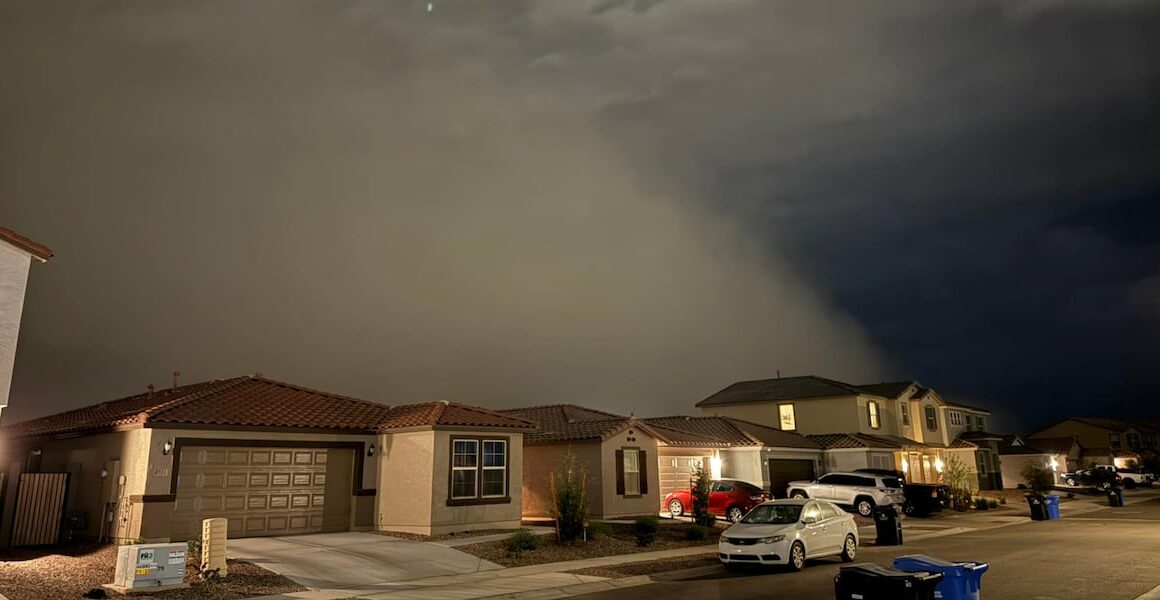
The Iran Nuclear Deal: A Complex Balance of Security and Diplomacy
After years of arduous negotiations, world powers and Iran reached a landmark agreement in 2015 to prevent Iran from acquiring a nuclear weapon. This historic deal, known as the Joint Comprehensive Plan of Action (JCPOA), has been a subject of intense debate, with supporters and detractors alike presenting complex perspectives.
The Deal’s Objectives
- Reducing the number of centrifuges used for uranium enrichment by two-thirds
- Converting the heavy water reactor at Arak so that it cannot produce plutonium
- Limiting Iran’s stockpiles of enriched uranium
- Allowing for rigorous inspections to ensure compliance
Benefits and Concerns
Benefits:
Concerns:
Different Perspectives
There are several different perspectives on the Iran nuclear deal:
Supporters:
- The Obama administration viewed it as a major diplomatic achievement that reduced the risk of nuclear war.
- The European Union believes it has strengthened regional stability and fostered cooperation.
Detractors:
- The Trump administration withdrew the United States from the deal, arguing that it was not effective in preventing Iran from developing nuclear weapons.
- Israel has expressed concerns that Iran will eventually develop nuclear weapons once the deal’s restrictions expire.
International Responses
The JCPOA has had a significant impact on international relations:
The United Nations Security Council unanimously endorsed the deal, providing it with international legitimacy.
The deal also led to the release of billions of dollars in frozen Iranian assets, providing the country with economic relief.
However, the United States’ withdrawal from the deal in 2018 has created uncertainty about its long-term viability.
Assessing the Deal’s Impact
It is difficult to definitively assess the impact of the Iran nuclear deal as it is still in effect. However, some key data points are worth considering:
- The IAEA has consistently verified that Iran has complied with its obligations under the deal.
- There has been no evidence of Iran developing nuclear weapons during the time the deal has been in place.
- Regional tensions remain, but the deal has helped to reduce the risk of nuclear escalation.
Conclusion
The Iran nuclear deal is a complex and controversial agreement that has had a profound impact on international relations. While it has been successful in preventing Iran from acquiring a nuclear weapon, concerns remain about its long-term effectiveness and the potential for Iran to evade its restrictions once they expire.
The deal’s legacy will depend on the actions of all parties involved. Continued cooperation and diplomacy are essential to ensure that the deal remains a force for regional stability and nonproliferation.












